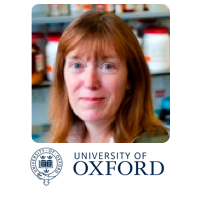

The Oxford University's Jenner Institute
and the Oxford Vaccine Group began research in January to find a vaccine for Covid-19. More than 800 volunteers were recruited to administer the vaccine they discovered experimentally. Alyssa Granato was one of two people vaccinated on Thursday.
He is also a scientist. He said he took part in the trial to help with science research. Participants are divided into two groups. One group will be vaccinated against Covid-19. The other group is meningitis. Participants will not be told what is being given to whom. They will be monitored.
Professor Sarah Gilbert is leading the research team at Oxford University. "Personally, I am very optimistic about this antidote," he said. Of course we have to test it and collect information about it from people.
We need to make sure that it works and that we can prevent more cases of coronary heart disease by vaccinating more people. "
Earlier, Gilbert said he was 80 per cent sure the vaccine would work, according to a BBC report. But now he doesn't want to say that anymore. Now Gilbert says he is "very optimistic" about the vaccine.
The vaccine made by Oxford is called 'ChAdOx1 nCoV-19'. It is made from adenovirus. Adenovirus is a common cold-fever virus that originates from chimpanzees. The virus has been used as a vector. The vector vaccine is a type of vaccine that allows the nucleic acid of a harmful virus to enter the human body through a carrier bacterium.
The carrier germs are good, they do no harm. Once in the body, they make some essential proteins (spike proteins) with the help of the nucleic acids of the bad virus. The human body then begins to make antibodies to block proteins. Before the disease occurs, the body develops immunity to the disease. Scientists at Oxford claim that the method is safe for children, the elderly and even the sick.
Comments
Post a Comment